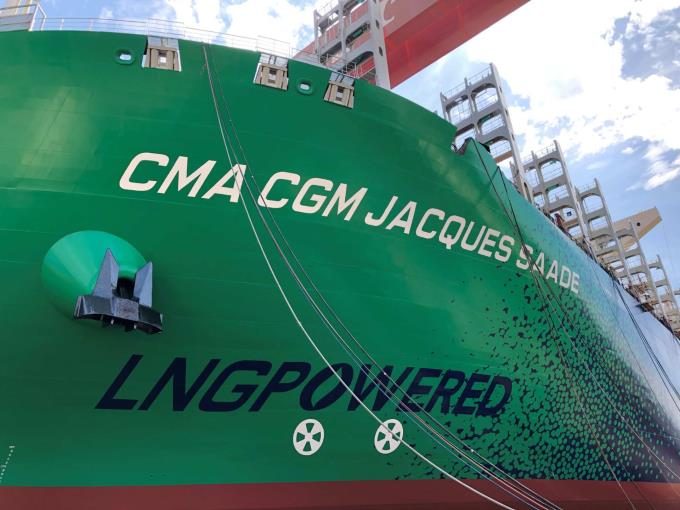CMA CGM South Korean staff strike over bonuses after bumper 2024 profit
CMA CGM’s employees in its South Korea office have gone on strike for increments and ...

Mainline operators appear to have shifted their focus away from methanol as a future fuel, and towards LNG ? but methanol should not be completely disregarded, said a CMA CGM executive today.
Speaking at the biennial Singapore International Bunkering Conference and Exhibition ...

Comment on this article